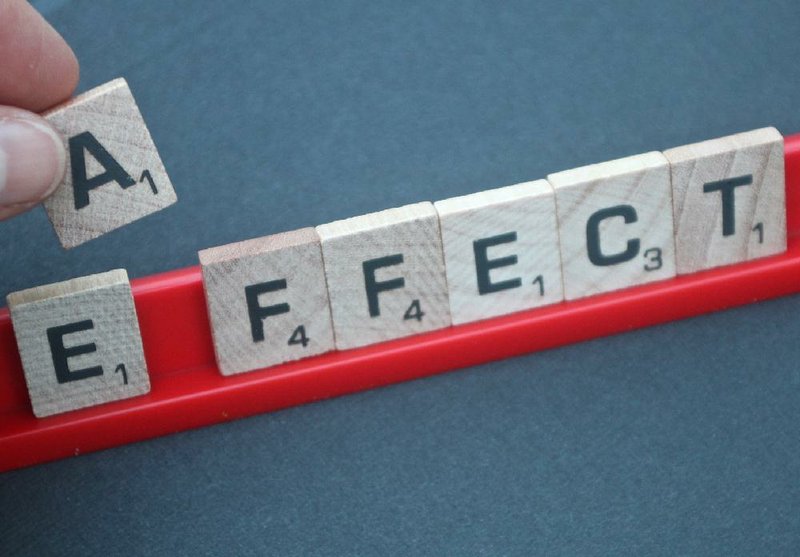Writing a language column is good for my heart and my head.
Good for my heart because hearing from so many word-lovers warms the core of the English major in me. Good for my head because having to explain all this grammar stuff helps to resuscitate the cells of my aging brain. I'm certain of it.
I have received lots of questions from people about grammar and word usage and punctuation, and I'll answer them all. Maybe not all in one session, but eventually. If you find that I haven't answered you after a while, feel free to remind me. My memory is poor. See above.
Before I get to people's questions, I have to talk about my No. 1 punctuation annoyance.
On April 22, 1936 Glen Campbell was born in Delight, Ark.
Yes, Delight, Ark. is a small town. The 2010 Census reported that only 279 people live there.
What's missing? The all-important second comma. People often forget it. A comma goes before a year and after it. Or before and after a state or country or planet. As my old copy editing professor Buck Ryan says, "Once you open a door on a comma, you have to close it."
Here's how those sentences should look:
On April 22, 1936, Glen Campbell was born in Delight, Ark.
Yes, Delight, Ark., is a small town. The 2010 Census reported that only 279 people live there.
AFFECT, EFFECT
These two words get confused a lot. In nearly all uses, affect is an action and effect is a thing.
Few things affect my mood like a slice of Key lime pie.
But for others, chocolate mousse has a stronger effect.
OK, full disclosure. "Affect" can be a thing, too, but it's a psychological term that does not apply in most uses. And "effect" can be an action, but it's more of a stuffy kind of phrase.
He vowed to effect change in the competitive world of thumbtack design.
I COULD CARE LESS
This phrase may get misused nearly as much as the dreaded "irregardless."
Husband: My golf swing is atrocious. I can't keep my elbows together.
Wife: I could care less.
Husband: Oh, then you do care.
I'm afraid that the wife has misspoken. If she could care less, that means she does care about the elbow thing. But, truly, she doesn't care.
Husband: My golf swing is atrocious. I can't keep my elbows together.
Wife: I couldn't care less.
Husband: When will I learn?
TRY AND USE THIS CORRECTLY
This is a fine point but a valid one. You don't try and do something, you try to do something. Maybe Mom always told you that if you try, you will succeed! Sorry, Mom, life has no guarantees.
Wrong: I'm going to try and spell a seven-letter word with these Scrabble tiles: O-I-O-U-U-E-L.
You will not find one. Better trade in those letters. But, go ahead if you insist. Try to spell a seven-letter word.
POSSESSIVES
These can be tricky. Sometimes you just don't know where to put the apostrophe.
Wrong: Childrens' books and Mens' department
Children and men are words that are already plural, so they don't need the "s" to make them hyperplural (which is not a word).
Just go with children's and men's.
LONG, LONG PHRASES
The language is filled with redundancies. Always try to think of ways to shorten a phrase. Here are some before-and-after examples:
• 12 noon? Use noon.
• final conclusion? Try end.
• at this point in time ... now
• very unique ... unique
• a total of 12 egg whites ... 12 egg whites
• in close proximity .... near
• in the event of ... if
• make a decision ... decide
• It was a dark and stormy night ... The night was stormy.
• a period of one week ... a week
• advance planning ... planning
• all-time record ... record
• completely destroy ... destroy
• overcrowded ... crowded
• cash money ... cash or money
Sources: Webster's New World College Dictionary, m-w.com, The Associated Press Stylebook
Email Bernadette Kinlaw at
ActiveStyle on 09/12/2016

